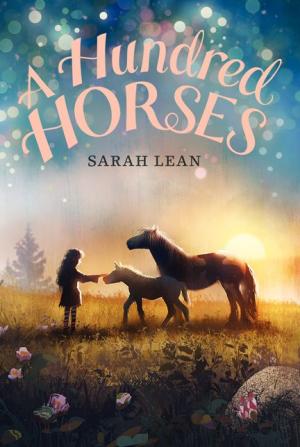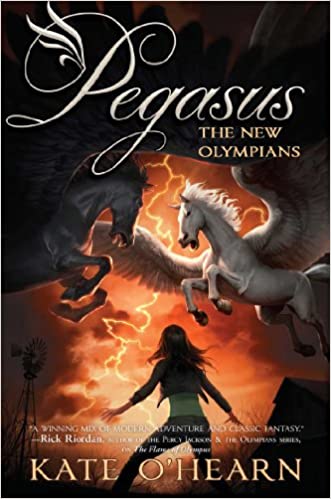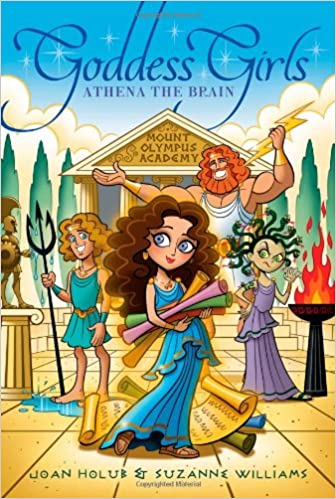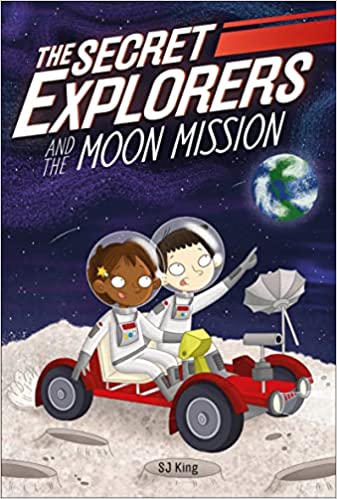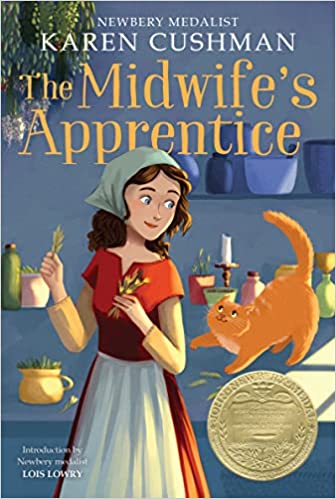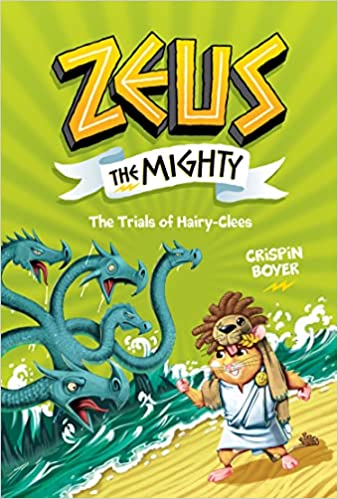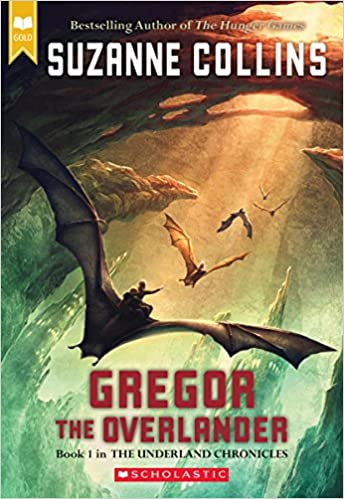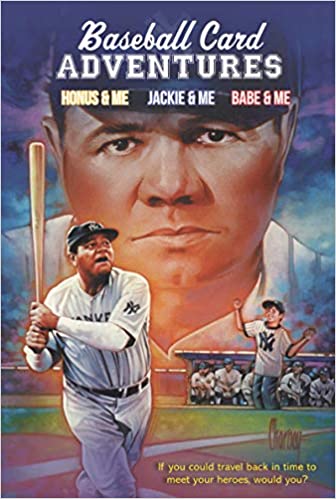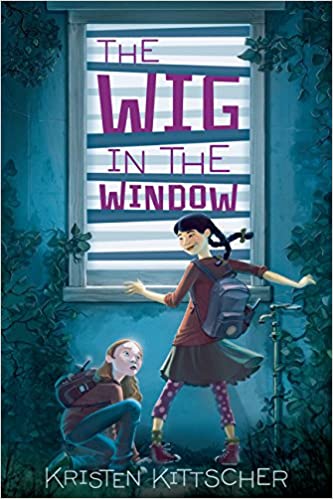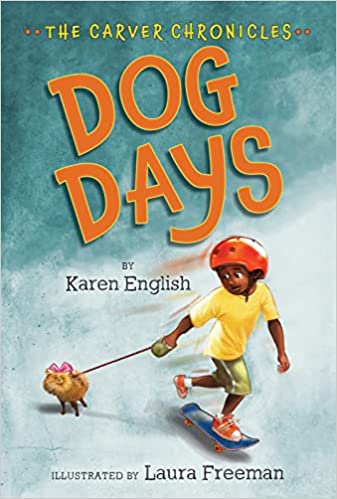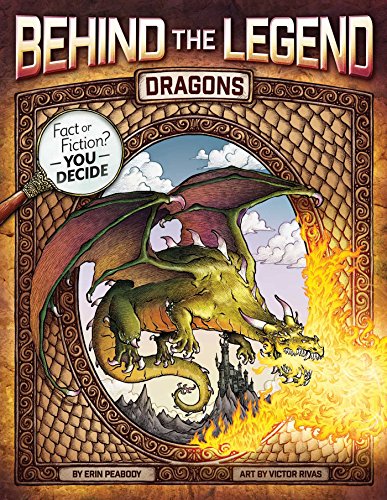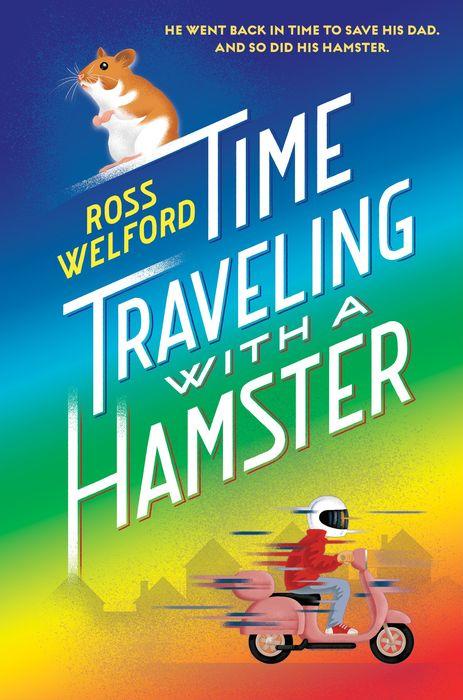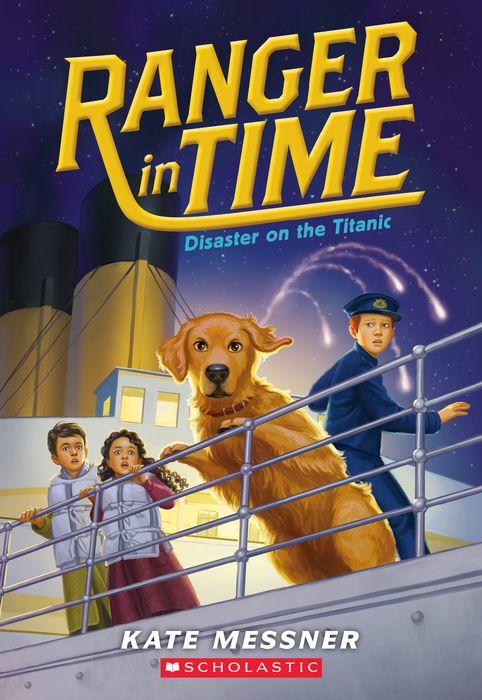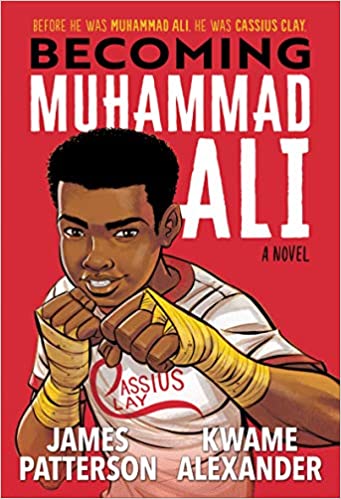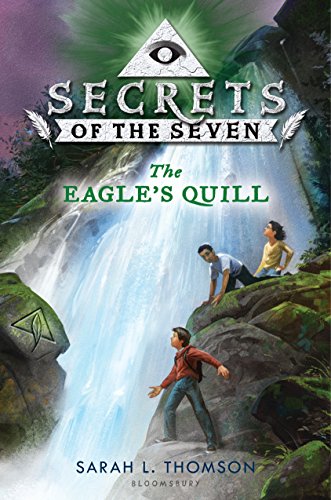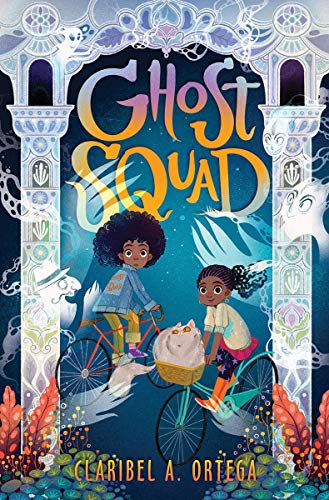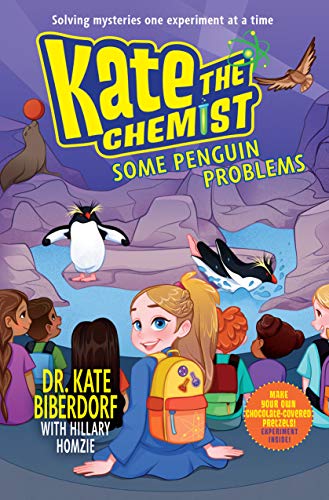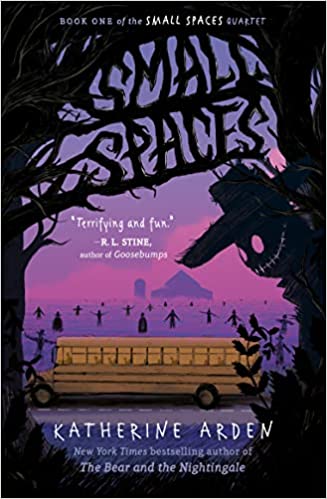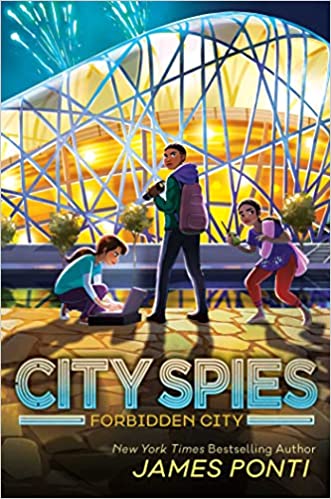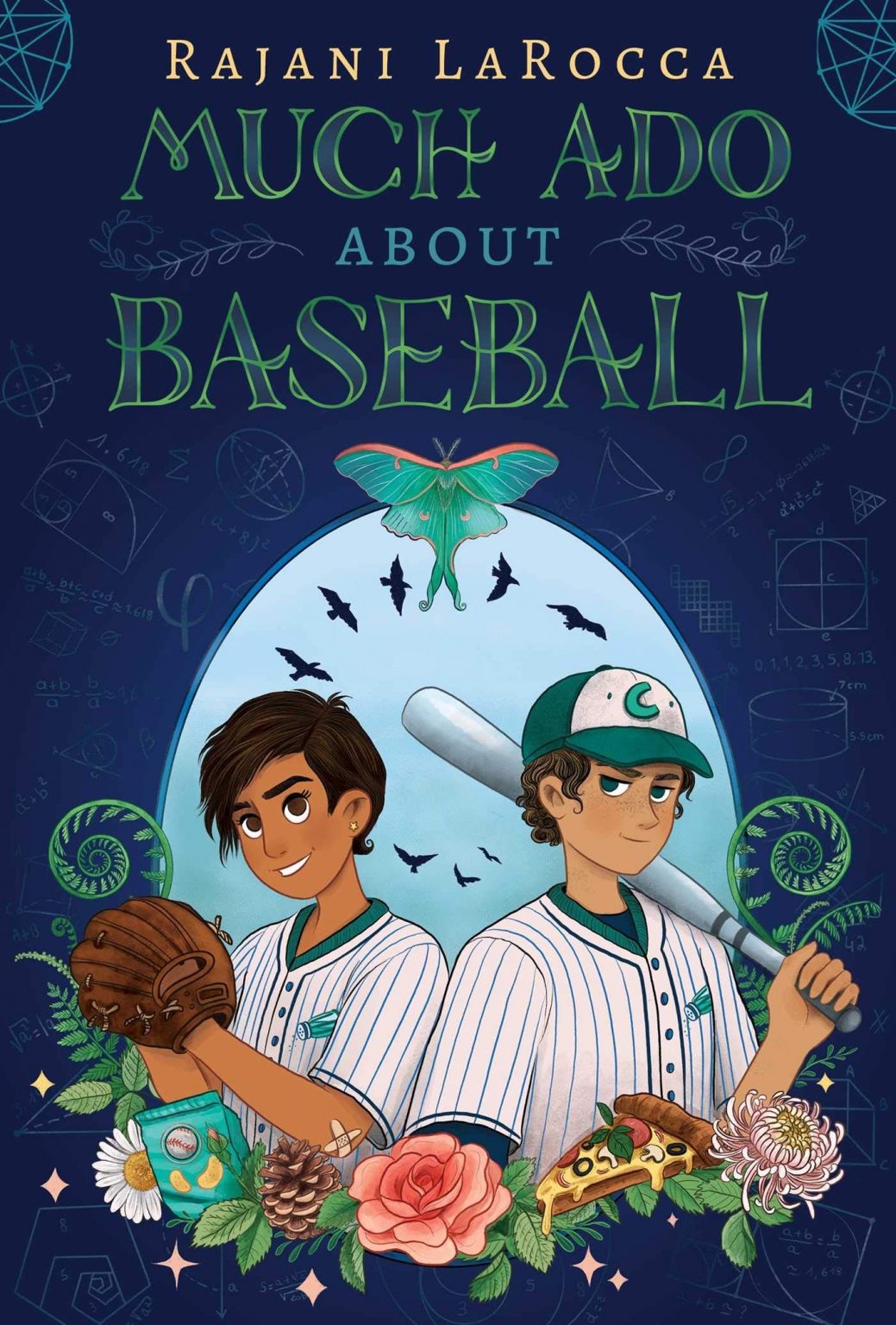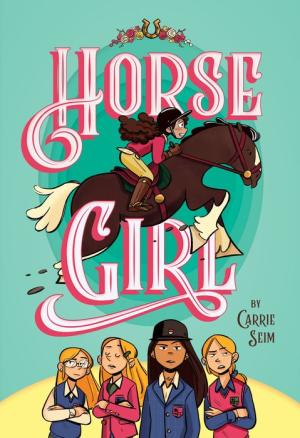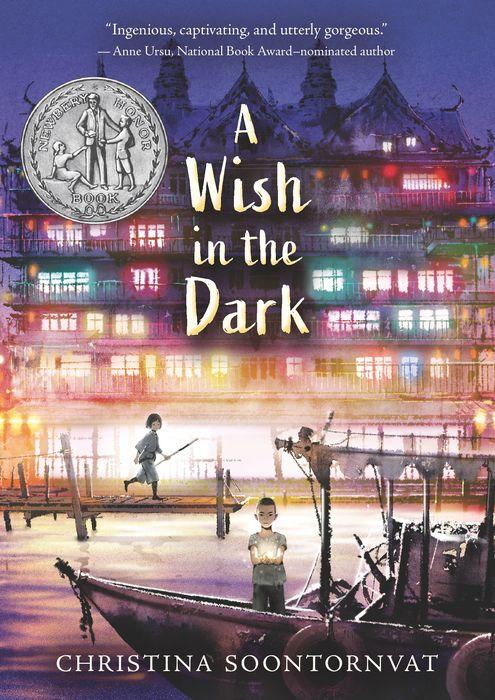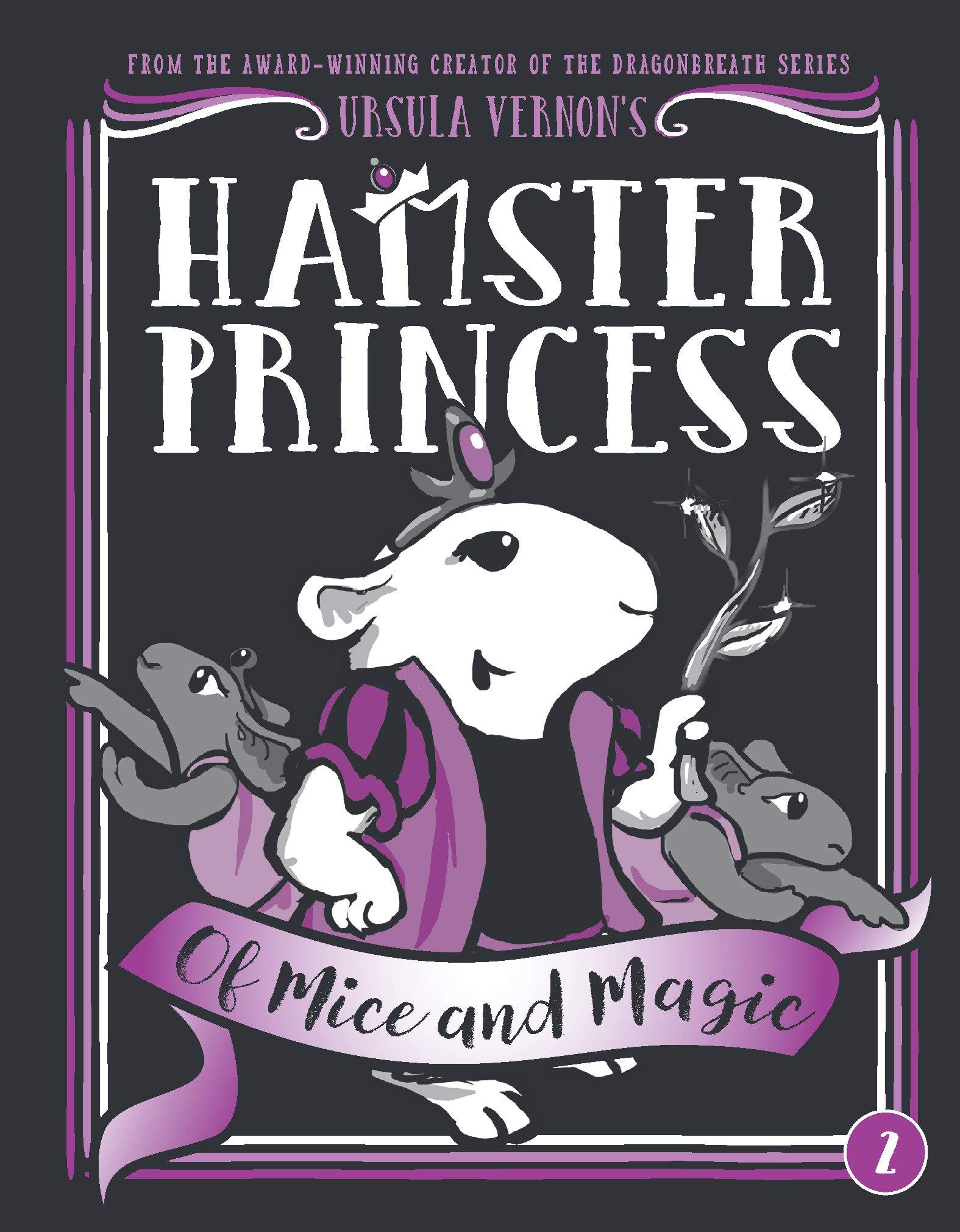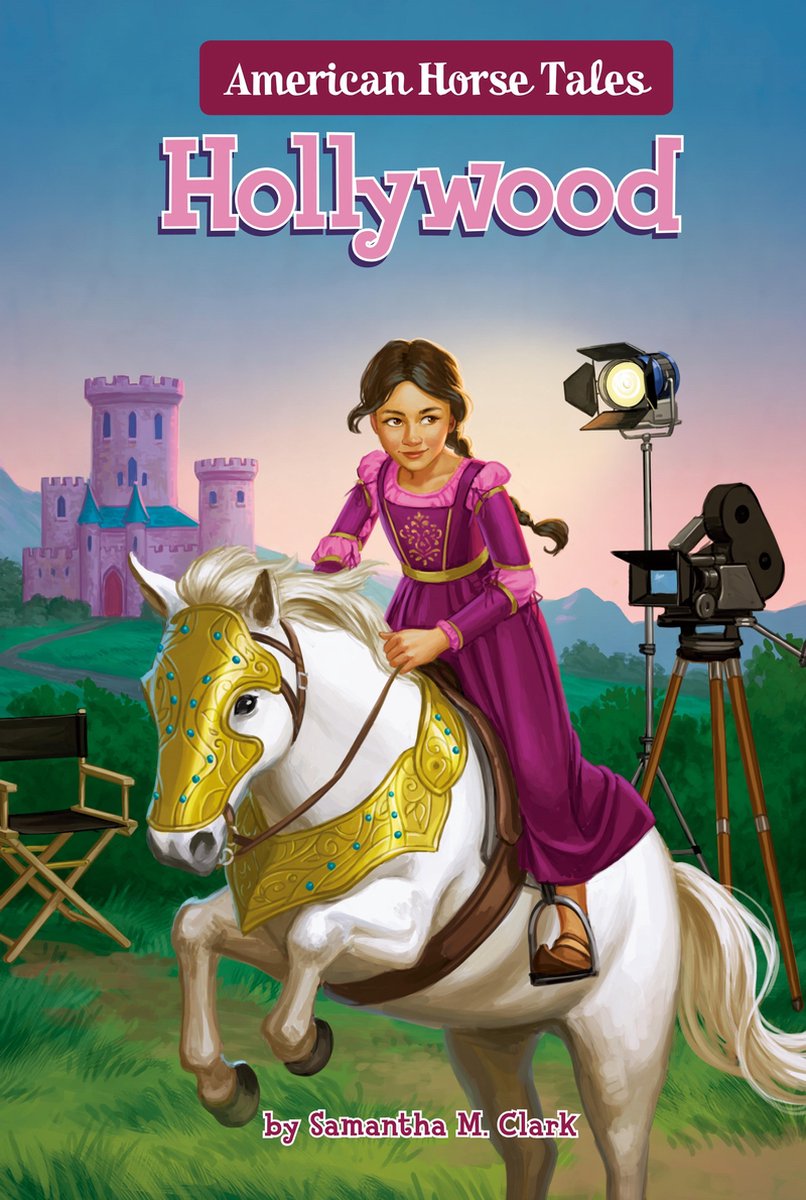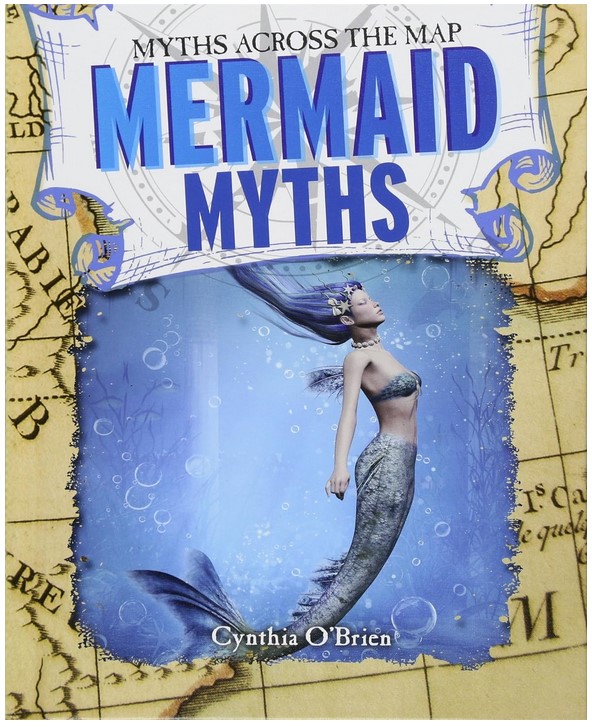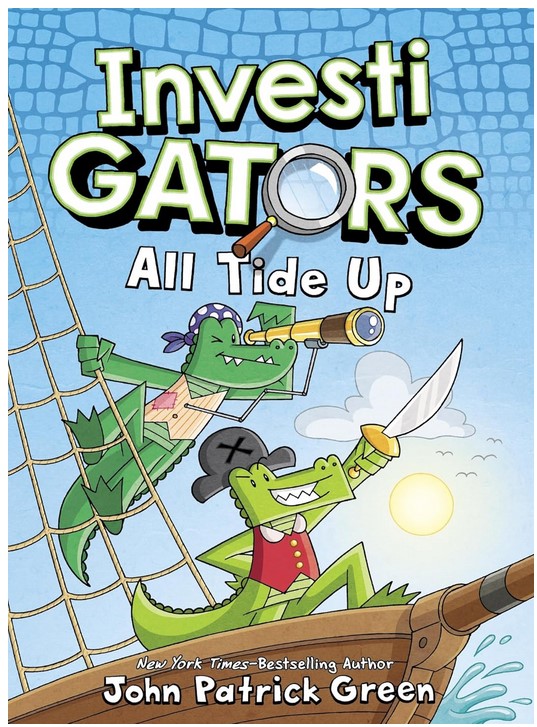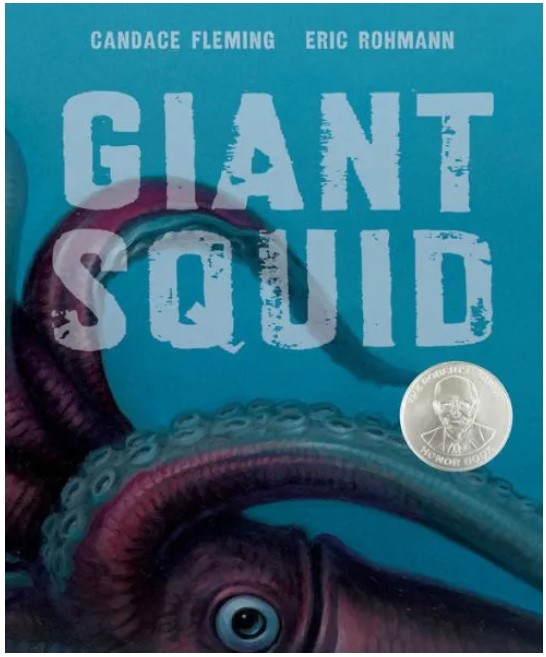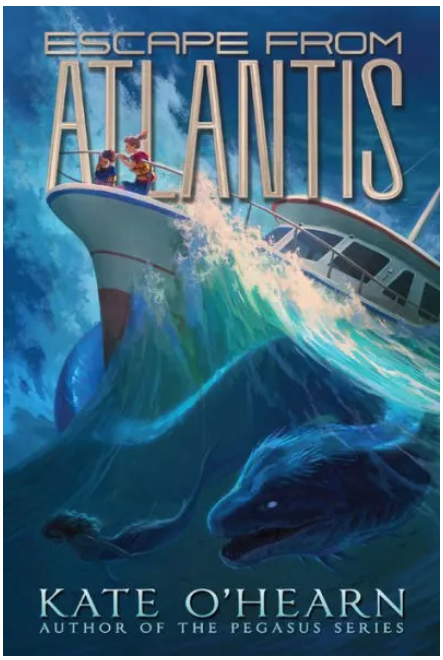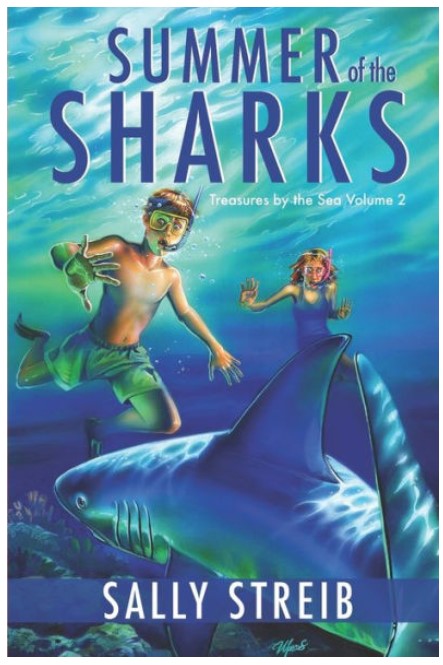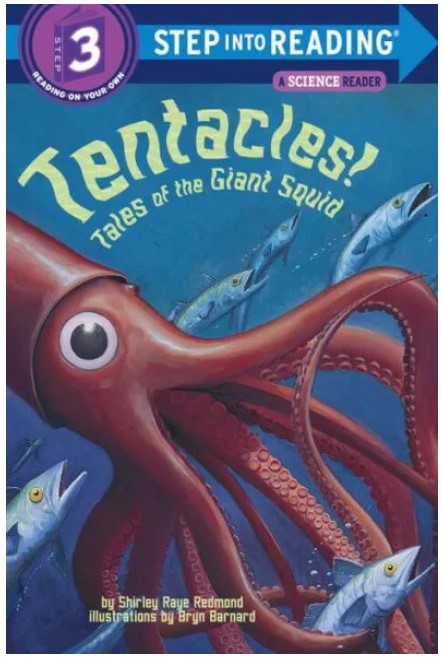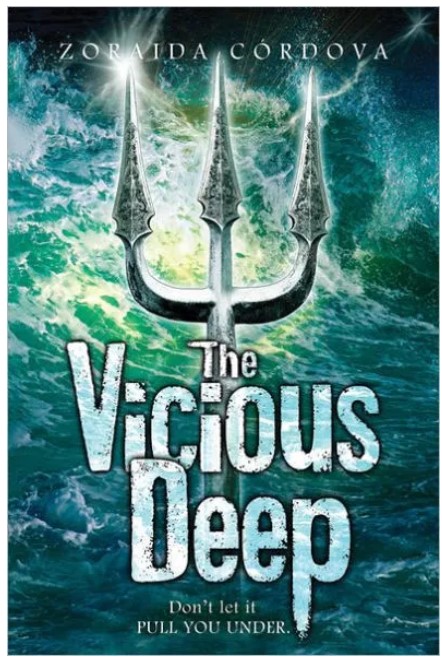When eleven-year-old Gregor and his two-year-old sister, Boots, fall down an air duct in their laundry room, they find themselves in Underland: an underground world that has remained hidden from the surface dwellers for centuries. Underland is populated by the friendly but fierce Underlanders, who live in the underground city of Regalia. However, Underlanders are not the only ones who live in the dark. Giant, talking animals inhabit this strange place: enormous bats, upon whom the Underlanders ride and fly, cockroaches, spiders, and worst of all, rats.
The rats are the sworn enemies of the people of Regalia and when Gregor arrives, word begins to spread that he may be the warrior spoken of in an ancient Underland prophecy; a warrior who will save Regalia from the rats. Gregor, however, just wants to find his father, who’s been missing for over two years and may be lost somewhere in Underland. On his quest to recover his father, Gregor learns many important lessons about courage, friendship, and perseverance.
Those who read Gregor the Overlander will enjoy its unrelentingly quick pace and action. The peculiar and intriguing world of Underland, the fantastical and dangerous creatures, the mysterious “Prophecy of Gray,” and the hunt for a boy’s lost father are sure to hook the reader for the entirety of the story. The action, while violent and bloody, is not gory. Often, giant bugs or animals are wounded and killed in battle, which some may find more palatable than human violence.
The story is rife with themes that are important for every child to explore, such as family, friendship, sacrifice, courage, and empathy. Throughout the book, Gregor is unceasingly loving, kind, and protective of his little sister, and in the darkest moments of his quest, Gregor finds strength and hope in the thought of reuniting with his father. Gregor is not a perfect character though; he often finds himself losing his temper and judging others too quickly, like the cockroaches Tick and Temp. However, Gregor learns that these humble creatures possess virtues of their own and are deserving of respect and dignity. Gregor also frequently butts heads with two young Underlanders (who also happen to be royalty in Regalia), Luxa and Henry. However, after Luxa rescues Gregor and vice versa the two begin to trust and respect one another, planting the seeds of friendship.
Throughout the story, Gregor expresses doubt that he is in fact the warrior spoken of in the Prophecy of Gray. However, he continually demonstrates courage in the face of danger, surprising both himself and the Underlanders. In the end, Gregor finds that he is willing to sacrifice himself for his friends. Throughout the story, Gregor develops into a courageous, yet thoughtful young man. Though the story is self-contained, it also sets up the sequel, Gregor and the Prophecy of Bane, quite nicely.
Gregor the Overlander’s unique blend of fantasy, mystery, and adventure combine to create a story that is sure to entice and delight young readers. Plus, readers will find it easy to identify with Gregor and imagine how they would react to the challenges he faces. The fast-paced story with its unique world, its pulse-pounding action, and its compelling characters ensure that readers won’t want to put it down until they’ve finished, after which they’ll quickly reach for the next one, Gregor and the Prophecy of Bane.
Sexual Content
Violence
- When Gregor tries to escape and return home from Regalia, two rats find him and Boots, intending to eat them. The kids are saved when a squad of Overlanders comes to their rescue, but there are many bloody wounds sustained in the ensuing battle. One of the rats bites the wing and throat of a bat, and an Underlander cuts off a rat’s ear “with one stroke of her sword.” Gregor “thrusts his torch into [the rat’s] face,” causing him to stumble back “right into Henry’s sword.” A bat sprays blood from a wound in its wing, and another rat dies when stabbed through the throat.
- Luxa, a human Underlander, “crossed the room and struck [Gregor] on the face” for attempting to escape Regalia’s palace.
- A woman and her bat barge into a meeting, the woman “pressing her hands to her chest to stem the flow of blood [while one of her] bat’s wings folded in, but the other extended at an awkward angle, clearly broken.” The woman delivers a message, then passes out.
- A giant spider nearly eats Luxa, but she is saved at the last moment: “From above, a jet of silk shot down, encircling Luxa’s sword arm and jerking her from her bat. The pair of striped legs reeled her in like a fish.” Gregor saves Luxa by spraying the spider in the face with a can of soda: “Just as the fangs were about to pierce Luxa’s throat, [Gregor] flew up and popped the soda can top. The stream of root beer shot out and smacked the spider queen right in the face. She dropped Luxa and began to claw at her six eyes.”
- A brown spider who has been wounded and is “oozing a strange blue liquid” dies. A different spider “began to pump juice into [the dead spider]” and eats him.
- Henry, a human Underlander, stands over Ripred the rat as he sleeps, “ready to plunge his sword into [Ripred’s] back,” but the rat awakens at the last second. “In the split second Henry drove the blade down, Ripred flipped onto his back and slashed his terrible claws. The sword cut across the rat’s chest as Ripred tore a deep gash along Henry’s arm.” The scene takes place over three pages.
- Tick, a cockroach, charges a group of rats, sacrificing herself in order to save Boots. She dies when a “rat sprang forward and crushed [her] head in its jaws.”
- Many rats fall from a bridge after Luxa and Henry sever it with their swords. The rats plunge into a river below where “enormous piranha-like fish surfaced and fed on the screaming rats.”
- Ripred, a rat ally to Gregor and his quest, “tore out [one rat’s] throat with his teeth while his back feet blinded the second. In another flash, both rats lay dead.”
- Gorger, king of the rats, using his tail, “slashed poor Gox (a friendly spider) in half.”
- Gregor jumps off a cliff, and many rats follow him over the edge, as does the Underlander Henry. A bat dives down and saves Gregor, who sees “the rats beginning to burst apart on the rocks below,” and just before Henry hits the rocks, Gregor turns away. The scene is described over three pages.
- Gregor falls off of a cliff and nearly breaks his nose when caught by Ares the bat: “At that moment, Gregor slammed into something. ‘I’m dead,’ he thought, but he didn’t feel dead because his nose hurt so badly and his mouth was full of fur. Then he had the sensation of rising and he knew he was on Ares’s back.”
- Gregor attempts to help a wounded bat by stitching its wing. “He cleaned off [the bat’s] wound as well as he could and applied an ointment she told him would numb the area. Then, with great trepidation, he began to sew up the rip. He would have liked to move quickly, but it was slow, careful work mending the wing. Aurora (the bat) tried to sit motionless, but kept reacting to the pain involuntarily. ‘Sorry, I’m sorry,’ he kept saying. ‘No, I am fine,’ she would reply. But he could tell it hurt a lot.”
Drugs and Alcohol
Language
- Several times, Boots declares that she has pooped herself and needs to be changed.
Supernatural
- Gregor’s neighbor, Mrs. Cormaci, is known to read tarot cards for people.
- A reference is made to Nostradamus the soothsayer.
- Central to the plot is a series of ancient prophecies from the half-sane founder of Regalia, Bartholomew of Sandwich. Pertinent to this book is the Prophecy of Gray: “Two over, two under, of royal descent, Two flyers, two crawlers, two spinners assent. One gnawer beside and one lost up ahead. And eight will be left when we count up the dead. The last who will die must decide where he stands. The fate of the eight is contained in his hands. So bid him take care, bid him look where he leaps, As life may be death and death life again reaps.”
Spiritual Content
